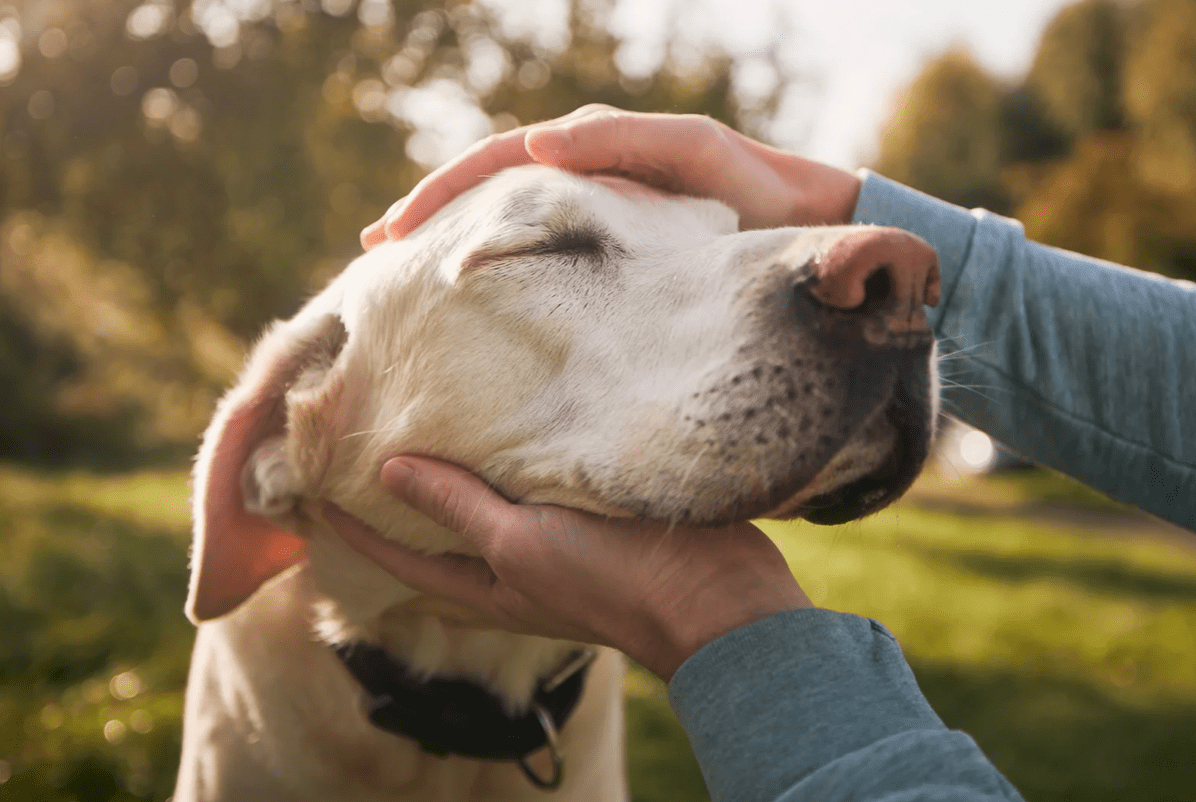
Canine Dementia
As dogs age, they may face some health challenges. One of the lesser-known but deeply impactful challenges is canine dementia, also known as Canine Cognitive Dysfunction Syndrome (CCDS). Understanding and managing this condition can significantly improve the quality of life for both dogs and their owners, so let’s dive into everything you need to know about canine dementia.
What is Canine Dementia?
Canine dementia, often referred to as Canine Cognitive Dysfunction Syndrome (CCDS), is a condition similar to Alzheimer’s disease in humans. It is characterized by a decline in cognitive functions that leads to behavioral changes in dogs.
Symptoms of Canine Dementia:
Some of the most common symptoms of CCDS include:
- Disorientation or Staring: Dogs might seem lost or confused in familiar surroundings. This can trigger excessive barking.
- Alteration in social interactions: Affected dogs might become irritable, anxious, less interactive, or even overly clingy.
- Sleep disturbances: They might wake up more frequently during the night or sleep more during the day.
- Loss of house training: Accidents inside the house become more common.
- Reduced activity levels: Dogs may show less interest in play, walks, or exhibit decreased exploratory behavior.
Managing Canine Dementia:
If you suspect your dog is showing signs of CCDS, the first step is to consult with your veterinarian. While there isn’t a cure for canine dementia, there are ways to manage the symptoms and improve your dog’s quality of life.
- Medication: Some drugs can help improve brain function or manage symptoms.
- Dietary supplements: Omega-3 fatty acids, antioxidants, and certain other supplements may support brain health and potentially slow the progression of CCDS.
- Enriching environment: Just as puzzles and brain games help elderly humans, toys, and interactive games can keep a dog’s mind sharp. Regular exercise also plays a crucial role in maintaining a dog’s mental health.
- Establish a routine: Dogs with dementia benefit from a predictable schedule. This provides them with a sense of security and reduces confusion.
- Safety modifications: As a dog’s cognitive function declines, it might be necessary to make some changes around the home. For instance, baby gates can prevent them from wandering into unsafe areas, and padding sharp furniture corners can help prevent injuries.
- Patience and love: It’s important to remember that behavioral changes aren’t deliberate. Showering your dog with patience and unconditional love helps them feel secure and loved.
For more information about CCDS, check out this article by PetMD or talk to your vet.
Don’t Let Canine Dementia Define Your Dog:
While the onset of canine dementia can be heart-wrenching for pet owners, understanding the condition and implementing a tailored management plan can help. With proper care, many dogs with CCDS can continue to live happy, comfortable lives.
If your dog has canine dementia, don’t be sad! They still have so much life to live, so make the most of the time you have left with them. Check out our list of fun activities to enjoy with your senior dog!
